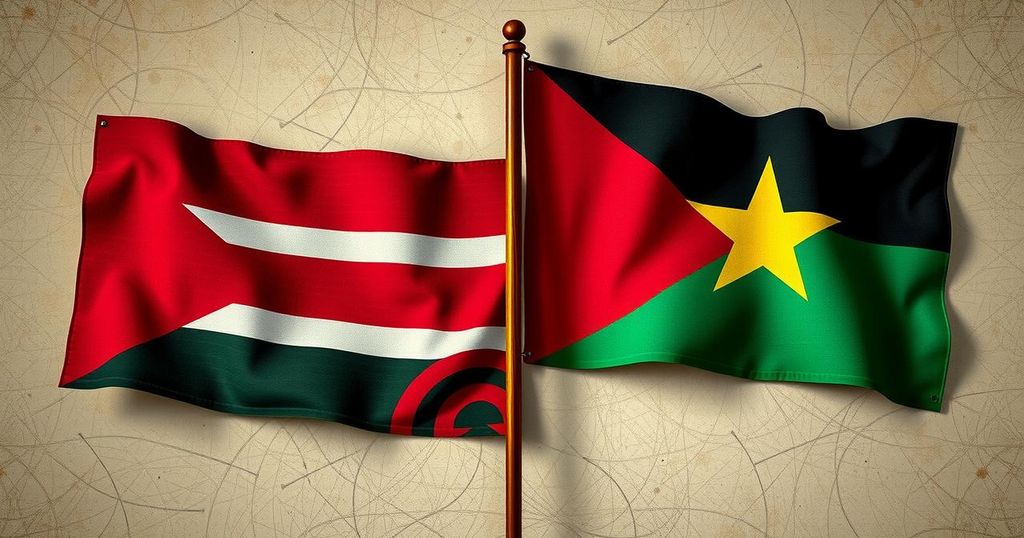U.S. Implements Visa Restrictions in Response to South Sudan Conflict

The U.S. State Department announced visa restrictions on individuals responsible for the South Sudan conflict, citing failures in governance, corruption, and human rights protections. The transitional government has postponed elections for a second time, now scheduled for 2026, raising concerns about its commitment to peace agreements. The U.S. aims to hold leaders accountable and address the humanitarian crisis affecting millions in the region.
On December 19, 2024, the United States Department of State announced the implementation of visa restrictions aimed at individuals deemed responsible for the ongoing conflict in South Sudan. This action highlights the continuing failure of South Sudanese leaders to utilize national resources for the populace’s benefit, effectively address corruption, safeguard human rights, and maintain peace. Furthermore, the U.S. expressed disappointment over the transitional government’s decision to postpone elections, initially slated for December 2024, now rescheduled for 2026.
The newly enacted visa restrictions stem from a policy initiated in 2019, targeting those obstructing sustainable peace in South Sudan. This marks a third phase of actions under a particular section of the Immigration and Nationality Act. Currently, South Sudan faces one of the gravest humanitarian crises globally, exacerbated by ongoing conflict, natural disasters, and widespread poverty, rendering millions in urgent need of assistance.
The U.S. government previously conveyed significant concerns regarding the transitional government’s failure to fulfill commitments outlined in a 2018 peace agreement designed to facilitate effective humanitarian aid and protect vulnerable populations. Despite earlier assurances, the government has struggled to meet these expectations, consequently raising skepticism about its commitment to the peace agreement’s terms and its effectiveness in implementing necessary reforms. It is noted that earlier this year, the U.S. also imposed visa restrictions on South Sudanese officials obstructing humanitarian aid efforts by imposing taxes on aid shipments.
The conflict in South Sudan, which has persisted since the country gained independence in 2011, has led to severe humanitarian challenges. The U.S. has been actively monitoring the situation, including the transitional government’s actions following a peace agreement inked in 2018 aimed at establishing a stable governance framework. President Salva Kiir’s administration has faced criticism for failing to promote accountability, protect human rights, and create conducive conditions for humanitarian aid amidst ongoing violence and corruption. Visa restrictions serve as a tool for the U.S. to exert pressure on government officials and encourage a return to peace and adherence to established agreements.
The recent imposition of visa restrictions by the United States underscores the ongoing concerns regarding governance and human rights in South Sudan. As the country navigates multiple crises, the international community remains vigilant, urging local leaders to uphold their commitments and improve the dire conditions faced by millions. This action not only reflects U.S. policy but also aims to foster accountability among those obstructing necessary humanitarian efforts and undermining peace initiatives.
Original Source: sudantribune.com








